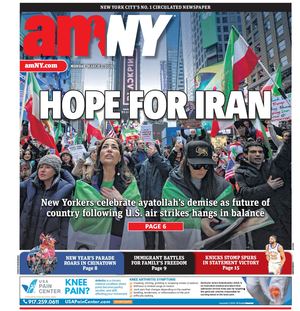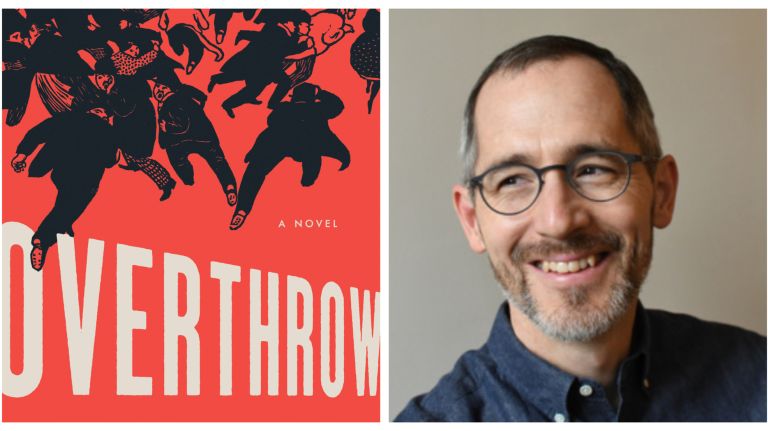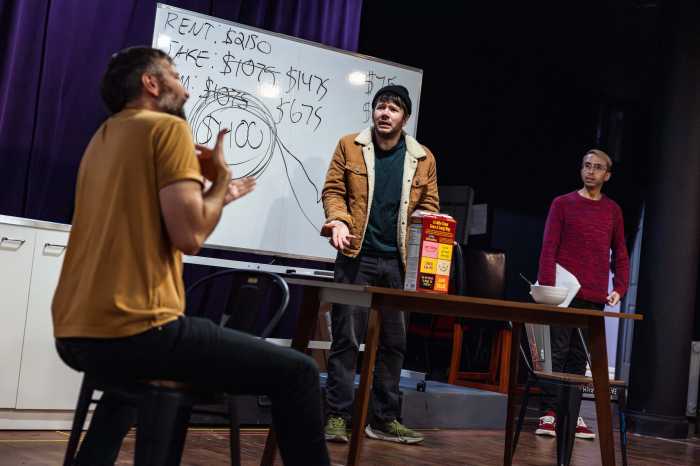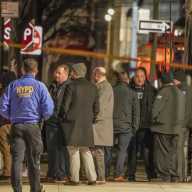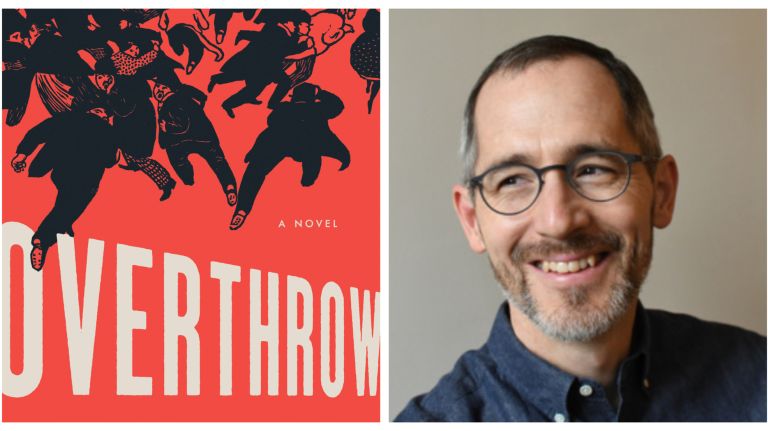
Everywhere we go these days, we leave digital DNA, waiting to be correlated by some techie opportunist.
Caleb Crain’s new novel, “Overthrow,” imagines such a surveillance apparatus in Occupy Wall Street-era New York City. The book asks cogent philosophical and ethical questions about privacy and our right to — theoretically — public information, but drags at times under the weight of the story.
Matthew, a grad student studying kingship in early modern Britain, opens the book by successfully hitting on Leif, an elfin poet/skateboarder/barista. Leif is also the leader of a small group of Occupy sympathizers who dabble in Tarot cards and mind-reading and go by the impossibly clunky moniker of “the Working Group for the Refinement of the Perception of Feelings.” Four group members — Leif, Raleigh, Chris and Julia — are arrested after accessing an email account belonging to a surveillant and the plot takes on a slow-motion thriller angle where no one knows who to trust.
In his 2013 debut, “Necessary Errors,” Crain captured the aura and headiness of post-Communist Prague as well as anyone has, but his attempts to evoke the jittery NYC during Occupy and its aftermath are less successful. He is at his best here, as he was in his first novel, when doing character work — Matthew’s feelings for Leif, Leif’s faith in his abilities, Julia’s delightfully self-involved crusade. The legal ramifications of the hack can be a bit of a slog and several characters act in ways that are difficult to understand or even justify.
Crain offers compelling discussions about what to expect from the surveillance state in which we already live, with Raleigh expressing one of the book’s more disturbing possibilities: “It might turn out to be difficult to be something other than what the internet thought you were.”
